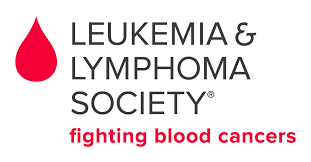Chemotherapy drugs are the primary cause of unwanted side effects because they damage normal cells in addition to killing cancer cells. The lining of the mouth, throat, stomach and intestines are particularly vulnerable to damage.
The side effects that you may experience depend on:
- The intensity of your chemotherapy
- The type of drugs used during therapy
- The location to which your radiation therapy is administered
- Your age
- Your overall health and the presence of other chronic health conditions such as diabetes or kidney disease
The following side effects are common during chemotherapy, radiation therapy and stem cell transplantation.
- Infections
- Low blood cell counts
- Mouth sores
- Nausea and vomiting
- Diarrhea
- Constipation
- Bladder irritation
- Blood in the urine
- Extreme fatigue
- Anemia (low red blood cell count)
- Fever
- Cough
- Rashes
- Hair loss
- Feeling of weakness
- Tingling sensations
- Lung, heart, kidney or nerve problems
- Infertility
To learn more, visit The Leukemia and Lymphoma Society.
 Content provided by:
Content provided by: